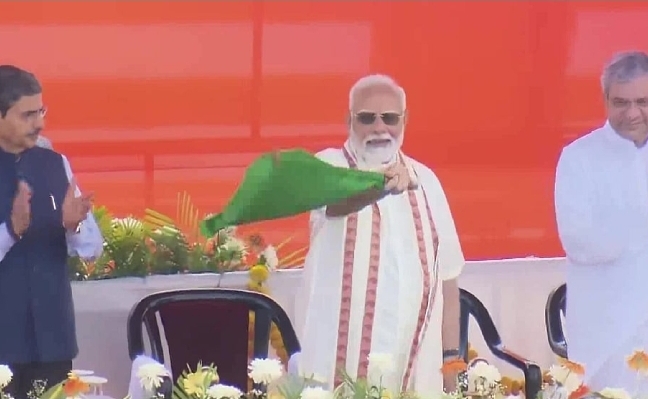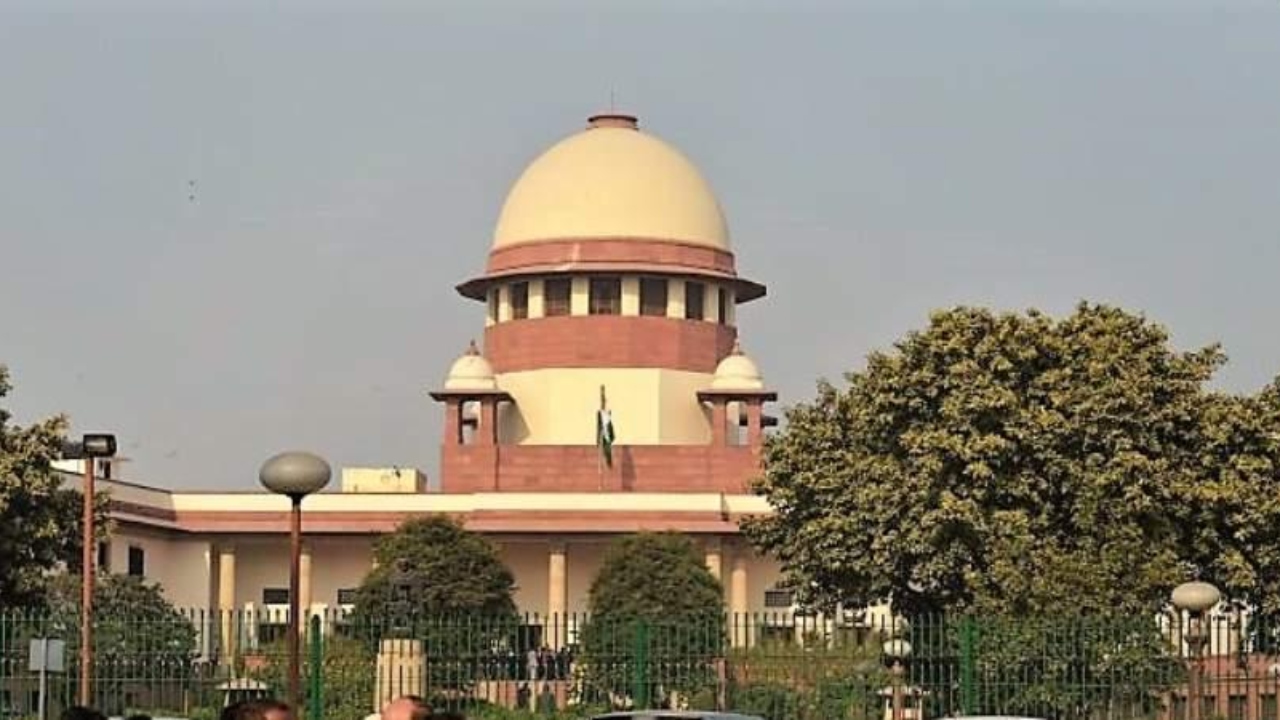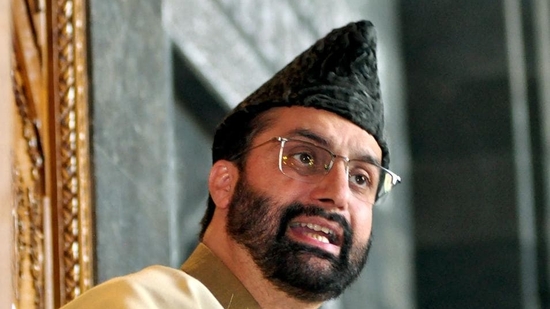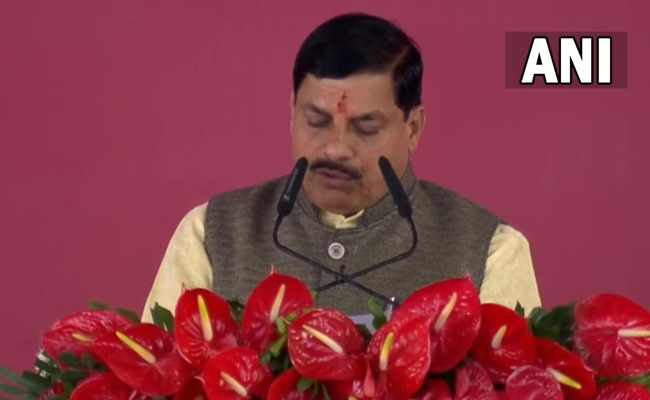Rameswaram (Tamil Nadu) (PTI): Prime Minister Narendra Modi on Sunday inaugurated the Pamban sea bridge, providing rail link between Rameswaram island and the mainland and flagged off the new Rameswaram-Tambaram (Chennai) train service here.
The PM also flagged off a Coast Guard ship which passed under the bridge.
The bridge is all set to improve connectivity to this spiritual destination flocked by devotees throughout the year from across the country. Built at a cost of over Rs 550 crore, this is India’s first vertical sea-lift bridge.
Spanning 2.08 kilometers, the bridge comprises 99 spans and a 72.5-meter-long vertical lift span that can be raised up to 17 meters, allowing the smooth passage of large ships while ensuring seamless train operations.
The bridge features stainless steel reinforcement, high-grade paint, and fully welded joints, enhancing durability while reducing maintenance requirements.
Its foundation is supported by 333 piles and 101 piers/pile caps, designed for dual rail tracks and future expansion. The use of polysiloxane paint protects it from corrosion, ensuring longevity in the harsh marine environment. This bridge is a remarkable blend of tradition and technology.
Railway Minister Ashwini Vaishnaw, TN Governor R N Ravi, state Finance Minister Thangam Thennarasu, among others were present.
On his arrival from Sri Lanka, Modi was accorded a warm welcome by Ravi, Tamil Nadu Finance Minister Thangam Thenarasu, Union Minister of state, L Murugan, BJP Tamil Nadu unit chief K Annamalai, senior BJP leaders including H Raja and Vanathi Srinivasan.
Let the Truth be known. If you read VB and like VB, please be a VB Supporter and Help us deliver the Truth to one and all.
New Delhi (PTI): The Trump administration was quick in responding to what was tabled for a bilateral trade pact with India and New Delhi is geared up for a "very high" degree of urgency in concluding trade deals with the US and the European Union, External Affairs Minister S. Jaishankar said on Friday.
In an interactive session at the Global Technology Summit, Jaishankar said the US under President Donald Trump has fundamentally changed its approach to engaging with the world and it has consequences across every key domain, especially in the technology sector.
Jaishankar's remarks come as Trump's policy on tariffs has triggered massive trade disruptions and fears of a global economic recession.
On Wednesday, Trump announced a 90-day pause on his sweeping tariffs on all countries, except China.
In his remarks, Jaishankar, without sharing any specific details of negotiations between India and the US on the proposed trade pact, indicated that New Delhi was keen to conclude it as early as possible.
"Within a month of change in the administration, we have conceptually an agreement that we will do a bilateral trade agreement; that we will find a fix that will work for both of us because we have our concerns too. And its not an open-ended process," the minister said.
"We did four years of talking with the first Trump administration. They have their view of us and frankly we have our view of them. The bottom line is that the deal did not get through," he said.
Jaishankar also referred to India's negotiations with the European Union for a free trade agreement.
"If you look at the EU, often people say we've been negotiating for 23 years which is not entirely true because we had big blocks of time when nobody was even talking to somebody else. But they have tended to be very protracted processes," he said.
"This time around, we are certainly geared up for a very high degree of urgency. I mean, we see a window here. Our trade teams are really charged up," he said.
"These (Indian negotiators) are people very much on top of their game, very ambitious about what they want to achieve," he said.
"We are trying to in each case get the other side to speed it up. This was normally a complaint which was to be made about us in the past, that we were the guys slowing it down," he said, adding, "It's actually the other way around today. We are trying to communicate that urgency to all three accounts (the US, EU, the UK)."
"My sense probably is in terms of other parties' response -- at least the US has been so far fairly quick to respond to whatever has been tabled. Now we have to see how that picks up," he said.


_vb_67.jpeg)


